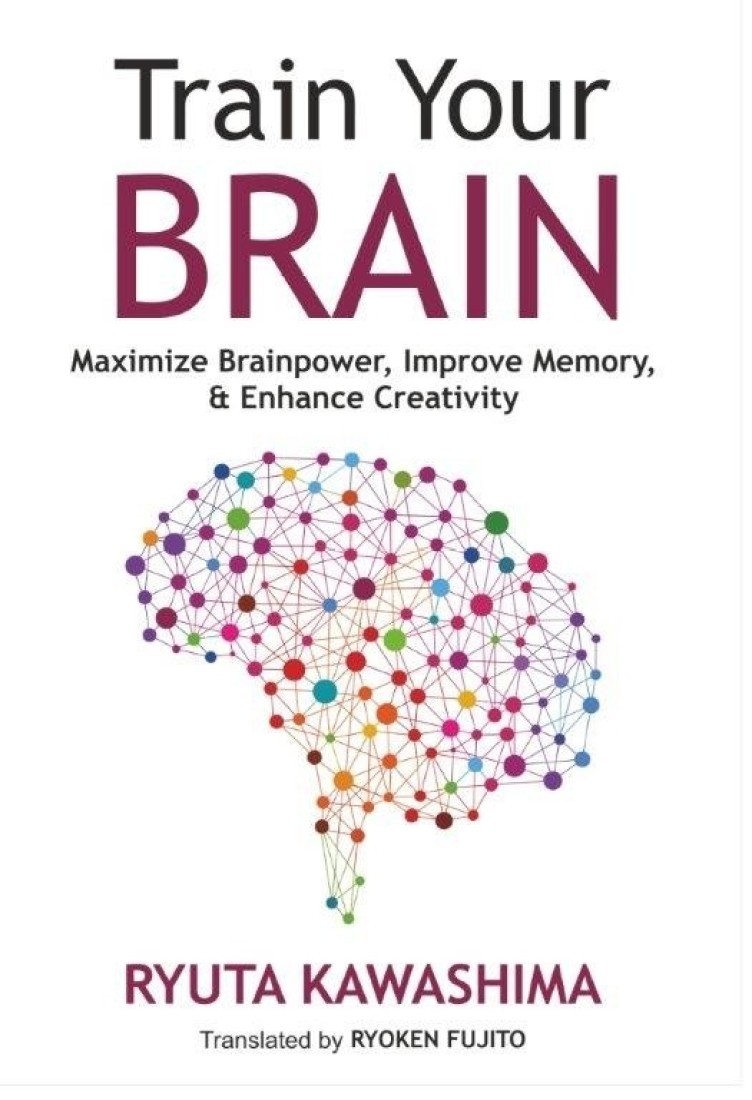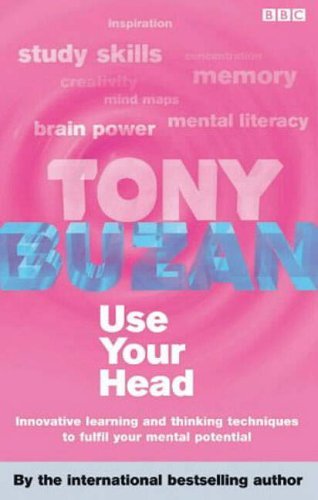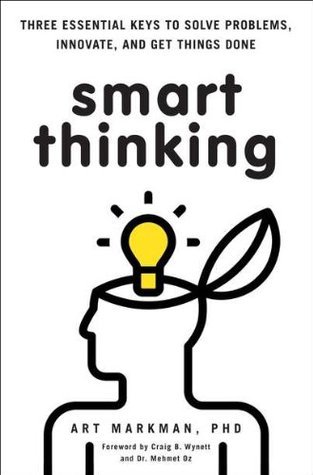
Train Your Brain
Book Description
Unlock the hidden potential of your mind with 'Train Your Brain' by Ryuta Kawashima, a revolutionary guide that transforms mental fitness into an exhilarating journey. Packed with engaging exercises, this book challenges you to push the boundaries of your cognitive abilities, sharpen your focus, and enhance your memory. Witness the remarkable connection between brain training and real-world performance as each chapter unveils techniques that promise not only to boost intellect but also to inspire creativity and resilience. Are you ready to embark on a quest that could redefine your mental prowess?
Quick Book Summary
"Train Your Brain" by Ryuta Kawashima is a dynamic self-help guide that combines neuroscience with actionable exercises to enhance mental agility and cognitive health. Drawing on his expertise as a neuroscientist, Kawashima demystifies the workings of the brain and demonstrates how targeted mental exercises can improve concentration, memory, creativity, and resilience. The book outlines practical techniques and daily routines to keep the mind sharp, emphasizing that brain training is not only engaging but also essential for long-term cognitive development. Through a series of puzzles, challenges, and scientific insights, Kawashima empowers readers to take charge of their mental fitness, showing how enhanced brainpower leads to better productivity, problem-solving skills, and overall life satisfaction.
Summary of Key Ideas
Table of Contents
Neuroplasticity and the Brain’s Adaptability
Ryuta Kawashima establishes the foundation of his book by illuminating the concept of neuroplasticity—the brain’s remarkable ability to reorganize and strengthen itself through challenges and new experiences. He dispels the myth that intelligence is fixed, revealing that active engagement with one’s environment, regardless of age, can significantly enhance brain function. Throughout this section, the author provides accessible scientific explanations about how mental activity fosters new neural connections, asserting that proactive effort is key to unlocking untapped mental capacity.
Effective Cognitive Exercises for Daily Life
Building upon this scientific groundwork, Kawashima introduces a variety of cognitive exercises designed to stimulate specific areas of the brain. These practices range from quick math calculations and memory drills to logic puzzles and language tasks. Each exercise is tailored to improve aspects such as focus, information retention, and mental flexibility. The author encourages readers to approach these challenges as enjoyable activities, showing how even short, consistent sessions can yield noticeable improvements in cognitive performance.
Linking Brain Training to Real-world Performance
Kawashima demonstrates the real-world benefits of regular brain training, linking mental fitness to productivity and practical problem-solving. He offers real-life examples and studies that illustrate how improvements in brain power translate into better work performance, increased learning capacity, and more creative thinking. By making the connection between abstract exercises and daily challenges, Kawashima helps readers understand the tangible, lifelong value of cultivating a fit mind.
The Role of Consistency in Mental Growth
Consistency and routine are emphasized as crucial elements for maximizing mental development. Kawashima suggests integrating brain exercises seamlessly into everyday life, proposing strategies to embed them into daily habits. He highlights the importance of perseverance, explaining that just like muscle training, long-term commitment and gradual escalation in challenge level lead to optimal gains. The author provides practical tips for overcoming obstacles like boredom or procrastination to ensure ongoing engagement.
Boosting Creativity and Emotional Resilience
The book concludes by exploring how brain training not only sharpens intellect but also fosters greater emotional resilience and creative capacity. Kawashima discusses the interconnectedness of cognitive and emotional health, explaining that a robust brain can better manage stress, adapt to change, and generate novel solutions. With a holistic perspective, he inspires readers to view mental training as a journey toward self-improvement and lifelong vitality.
Download This Summary
Get a free PDF of this summary instantly — no email required.





